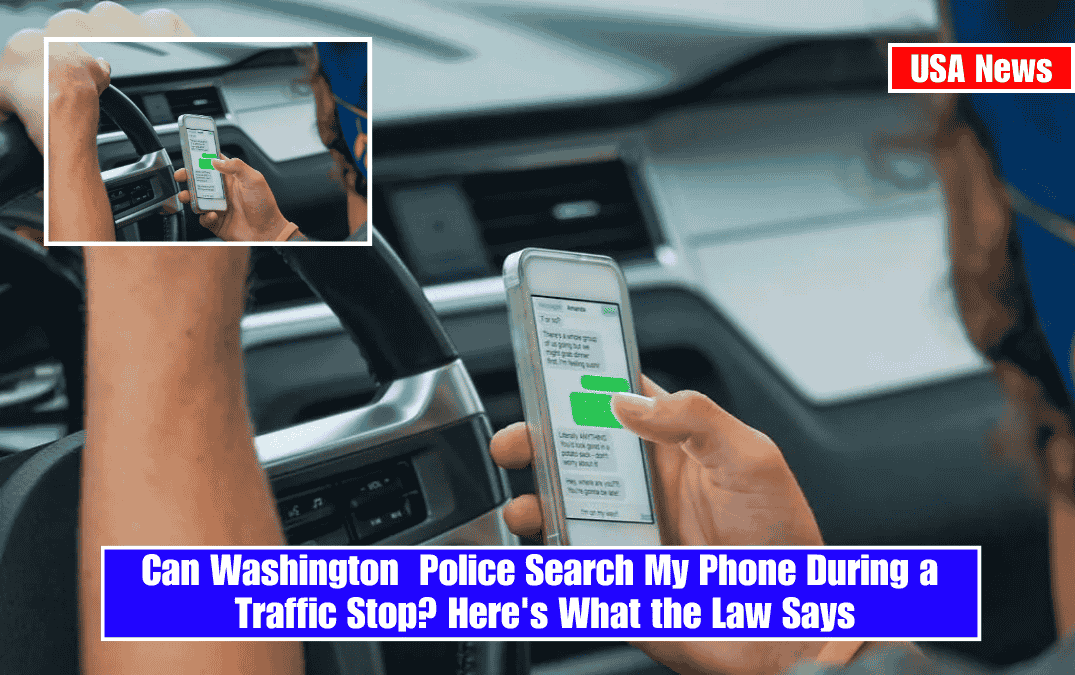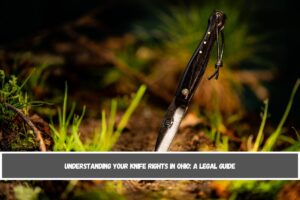The legality of police searching your phone during a traffic stop in Washington depends on several factors, primarily governed by the Fourth Amendment to the U.S. Constitution and Washington State’s privacy protections. Here’s a detailed breakdown of your rights and the circumstances under which law enforcement may access your phone.
Fourth Amendment Protections
The Fourth Amendment protects individuals from unreasonable searches and seizures, meaning police generally need a warrant or probable cause to search your phone. This principle was reinforced by the landmark U.S. Supreme Court decision in Riley v. California (2014), which held that cell phones contain vast amounts of personal data and cannot be searched without a warrant, even during an arrest.
Washington State’s constitution provides even stronger privacy protections under Article 1, Section 7, emphasizing that searches require explicit judicial authorization.
When Police Can Search Your Phone
Police can legally search your phone during a traffic stop under specific circumstances:
- Consent: If you voluntarily allow officers to search your phone, they do not need a warrant. However, you are not obligated to give consent, and it is advisable to politely decline if asked.
- Exigent Circumstances: In rare cases, police may conduct a warrantless search if there is an urgent need, such as preventing imminent destruction of evidence or addressing immediate safety concerns.
- Abandoned Property: If you leave your phone behind while fleeing from police, as seen in State v. Samalia, you may lose your privacy interest in the device.
- Search Incident to Arrest: While police can search areas within your immediate control during an arrest for officer safety or evidence preservation, this does not extend to the contents of your phone without a warrant.
What Happens During Routine Traffic Stops?
During routine traffic stops, police cannot seize or search your phone without probable cause or a warrant. For example:
- If officers suspect illegal activity based on observable evidence (e.g., drug paraphernalia), they may obtain a warrant to search your phone.
- Without sufficient justification or consent, any attempt to access your phone violates constitutional protections.
Can Police Force You to Unlock Your Phone?
Washington law aligns with federal precedent in prohibiting police from forcing individuals to unlock their phones using biometric methods like facial recognition or fingerprints without a warrant. Courts have debated whether compelling someone to unlock their phone violates Fifth Amendment protections against self-incrimination. Using passcodes offers stronger legal safeguards against forced unlocking.
Your Rights During Traffic Stops
Knowing your rights is crucial:
- Refuse Consent: You can politely decline any request to search your phone.
- Request Legal Representation: If pressured, assert your right to remain silent and ask for legal counsel.
- Demand a Warrant: Officers must provide a valid warrant before accessing your phone’s content unless exceptions apply.
Recent Developments
Washington courts continue to uphold strict privacy standards for digital devices. The state constitution often provides greater protection than federal law, ensuring that warrants are specific and justified by probable cause. Moreover, recent rulings prohibit police from using lock screen data without prior authorization6.
In Washington State, police cannot search your phone during a traffic stop without meeting strict legal requirements such as obtaining consent, demonstrating exigent circumstances, or securing a warrant. Understanding these protections empowers you to safeguard your privacy and ensure compliance with constitutional rights when interacting with law enforcement.
SOURCES:-
[1] https://www.govtech.com/public-safety/can-police-search-your-phone-during-a-traffic-stop
[2] https://www.justcriminallaw.com/criminal-charges-questions/2021/12/22/top-10-rights-police-dont-want-you-to-know/
[3] https://www.aclu-wa.org/blog/warrantless-searches-once-again-washington-supreme-court-protects-privacy
[4] https://casetext.com/case/state-v-fairley-47
[5] https://www.tromboldlaw.com/blog/can-police-in-washington-legally-search-your-phone/















